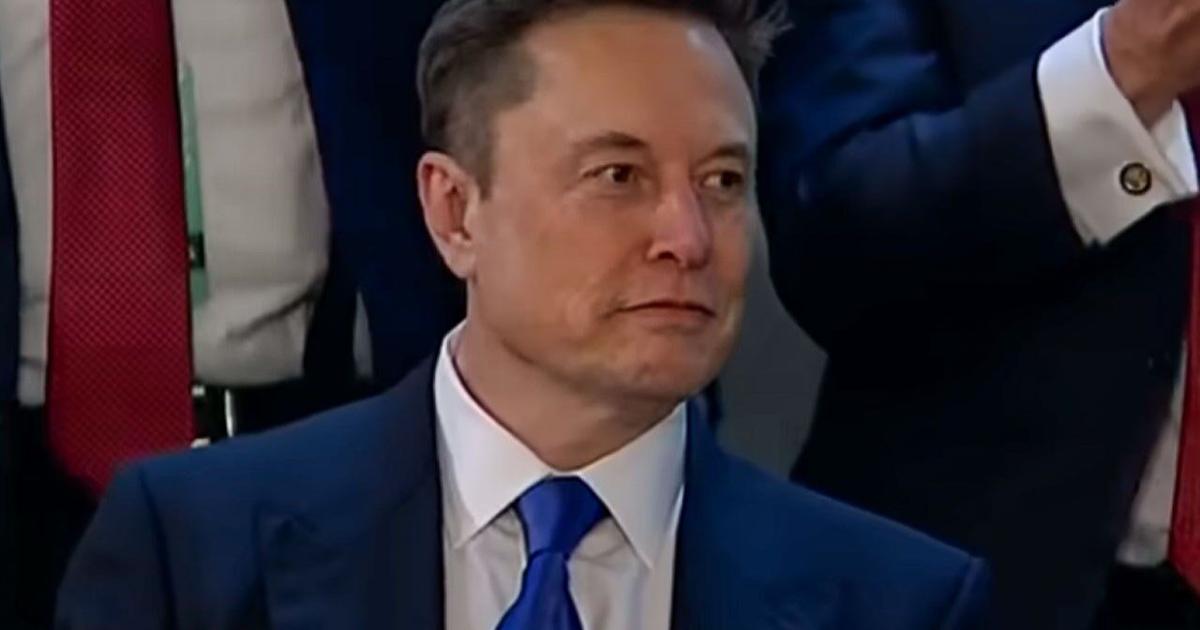
The Trump administration on Friday filed an emergency request with the Supreme Court, seeking permission for the Department of Government Efficiency, known as DOGE, to gain access to Social Security systems containing personal data on tens of millions of Americans.
The high-stakes appeal marks the first major Supreme Court challenge connected to the department’s ongoing overhaul of federal agencies.
The emergency filing follows a decision by a federal judge in Maryland to block DOGE staff from entering the Social Security Administration’s internal databases, citing concerns under federal privacy laws.
The databases contain highly sensitive information, including individuals’ school histories, medical and mental health records for disability benefits, bank details, and salary data.
DOGE, created by the Trump administration and led by Elon Musk, has rapidly become one of the most powerful entities within the federal government.
Originally tasked with rooting out bureaucratic waste, the department has since been at the center of several legal battles, with more than two dozen lawsuits filed over its sweeping efforts to cut budgets, lay off government employees, and centralize executive control over administrative processes.
The administration’s latest request to the Supreme Court asks the justices to override the lower court’s injunction, arguing that DOGE’s ability to access Social Security data is essential to its mission.
Solicitor General John Sauer wrote in the appeal that the Maryland judge’s order “inappropriately interferes with internal executive-branch decision-making” and would have broad implications if allowed to stand.

“Left undisturbed, this preliminary injunction will only invite further judicial incursions into internal agency decision-making,” Sauer wrote, urging the court to act before the agency’s efforts are further disrupted.
The case originates from a lawsuit brought by a coalition of labor unions and retired federal employees, represented by the legal advocacy group Democracy Forward.
They allege that DOGE’s interest in Social Security records is not rooted in a legitimate investigative purpose but instead reflects a broader ideological agenda to dismantle social safety net programs.
U.S. District Judge Ellen Hollander, who issued the original injunction, found that DOGE’s efforts amounted to a “fishing expedition” based on “little more than suspicion” of fraud.
Her ruling allowed limited access to anonymized datasets but barred DOGE from viewing files that contained identifying information, citing privacy risks and the potential for misuse.
An appellate panel reviewing the case declined to immediately lift the injunction, with a split along ideological lines. Conservative judges in the minority said there was no clear evidence of improper access or targeted misuse of personal records by DOGE staff.
The majority, however, upheld the judge’s caution, citing both the scope of the records involved and the lack of safeguards in place.

Elon Musk, who has announced plans to step back from his leadership of DOGE in the coming months, has repeatedly described the Social Security program as “bloated” and “inefficient,” and in public statements has referred to it as a “Ponzi scheme.”
He has identified the agency as a top priority in the administration’s broader efforts to cut government costs, often referencing his private-sector ethos as justification for the aggressive tactics used under DOGE.
According to court filings, DOGE wants unrestricted access to records in order to identify fraudulent claims, reduce overhead, and eliminate what it describes as “redundant” program costs.
But critics say the plan poses serious risks to data privacy and opens the door to unprecedented surveillance and misuse of personal information by the federal government.
Elizabeth Laird, a senior official with the nonprofit Center for Democracy and Technology, warned of far-reaching consequences if DOGE’s request is granted. “If DOGE gets a hold of this information, it opens the floodgates on a host of potential harms. It also normalizes a very dangerous practice for other federal agencies,” she said.
Laird added that the case sets a dangerous precedent for executive overreach, arguing that just because the information exists does not mean agencies should be free to exploit it without checks and balances. “Once you hand this over, you don’t get it back,” she said.

White House officials have said the request is in line with their broader goal of making the federal government “leaner and more accountable,” and defended the proposal by noting the serious issues with long-standing inefficiencies in federal benefit programs.
But they have declined to explain how DOGE staffers are being vetted for access to data or what steps would be taken to prevent unauthorized use of the information.
Despite the administration’s push to frame DOGE as a reform tool, critics say its track record so far shows a pattern of rushed decisions, ideological targeting, and little regard for institutional norms.
Launched in early 2025 with sweeping authority, DOGE has led dramatic cuts to departments ranging from Housing and Urban Development to Education, and has spearheaded controversial efforts to consolidate administrative power in the White House.
DOGE’s internal processes remain largely opaque, and watchdog groups have raised alarms about limited congressional oversight and unclear reporting mechanisms.
The fact that DOGE is now seeking access to the most sensitive information in the government’s possession — Social Security data — has added urgency to the court battle.
The Supreme Court has requested that the groups opposing the administration’s appeal submit their response by May 12. While the justices have not yet announced whether they will take up the case, legal analysts say the implications could be profound.
The court’s decision will either reinforce limits on executive access to citizen data or potentially open the door to an unprecedented expansion of government surveillance under the guise of efficiency.
Previous cases involving DOGE’s work have made their way to the high court, with the justices sometimes siding with the administration on narrow procedural grounds but frequently rejecting broader arguments aimed at expanding executive power.
This case, involving personal data, is expected to test how far the court is willing to go in granting access to federal databases without the usual oversight procedures in place.
For now, the fate of the Social Security records — and DOGE’s access to them — remains uncertain. But with the administration pushing hard to accelerate its reforms, the stakes are rising.
“We’ve seen a lot of radical ideas come out of this administration,” said a legal expert tracking the case. “But this may be one of the most consequential.”
If the court rules in the administration’s favor, DOGE would be authorized to comb through nearly every American’s financial, educational, and health records in the name of rooting out fraud. If the court sides with the lower courts, it would mark a rare victory for privacy advocates in an era where executive reach is stretching further than ever before.




